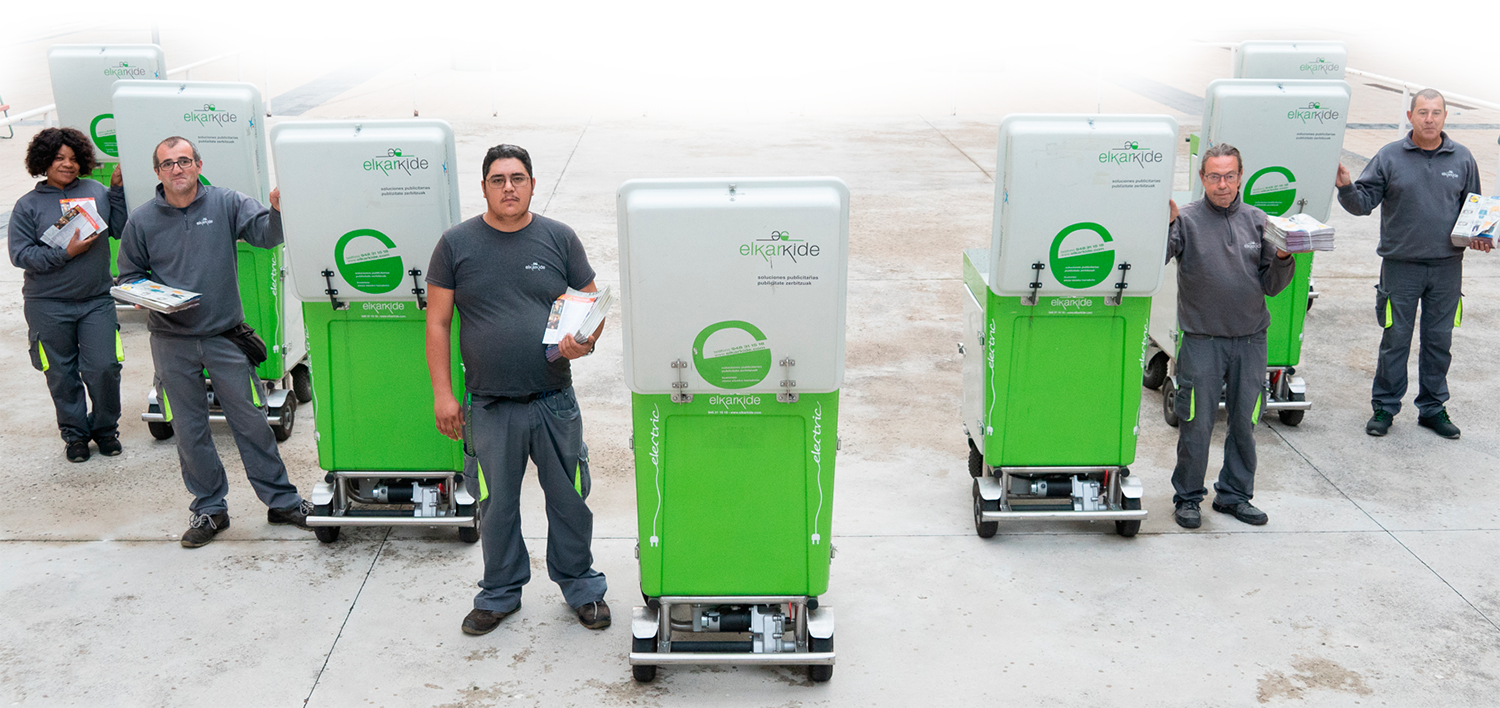Four-day working week for a month of trial in Valencia
- Every Monday of April will be public holidays in the Valencian city of Catalan Countries, at the initiative of the City Council. The results will be analysed in July.

On April 10, being Easter Monday, the 17th to celebrate in Valencia the Saint Vincent Ferrer, to bring the day Vicente Mártir from January to April and the First of May, the day of the worker, is also Monday. Therefore, since this week, promoted by the City of Valencia and with the support of the agents, every Monday for four weeks will be public holidays in the capital as a pilot test. Without a wage reduction, the day will be 32 hours per week.
The four-day working week will be assessed at the end of July. Issues such as the health, leisure, mobility, pollution or the economy of citizens will be addressed.
There is no agreement in the CVA, but the government wants to do so in some way
The Basque Government will use other means, even if the employers do not agree. The Basque Government’s Minister for Employment and Employment, Idoia Mendia, announced the proposal at a plenary session, and Confesbask refused that it had not yet been officially proposed. Mendia wants to reach a "broad agreement" in the Social Dialogue Bureau, although not all of them are there, which is made up of the government, Confesbask and the CCOO and UGT unions.
It seems that the intention of the Basque Government, as the Vocento group has made known, is to make a proposal from the department of Monte and approve it in the Governing Council. According to the Department of Employment and Employment, "there are companies involved".
In addition to Confesbask, the employer of Algerian businessmen SEA has made its complaint this morning. Juan Ugarte, in his interview with Radio Euskadi, pointed out that it will not be viable at all because, among other things, Álava is a territory that lives from exports and works a day less, "would lose its competitive capacity".
The trade unions, for their part, also those who are not at the table, have welcomed the idea of launching the pilot test.
Origin in Great Britain
61 British companies conducted the pilot test in 2022, reducing the number of hours per week by 20% (from 40 to 32 hours), affecting over 3,300 workers. Scientists at Cambridge University have been in charge of evaluating the process and the consequences and have published the results: stress has been significantly reduced and workers say they have been reduced to fatigue and anxiety, mental and physical health have been improved, sick leave has been reduced by 65%, and 56 of the 61 companies say they will continue the new working week, 18 of which claim that change will also be permanent.
Also in Lithuania, New Zealand, Germany, Sweden, Iceland, Portugal or Japan the four-day working week has been tested and maintained.
Copenhagen, 18 December 1974 At 12 noon a ferry arrived at the port, from where a group of about 100 Santa Claus landed. They brought a gigantic geese with them. The idea was to make a kind of “Trojan Goose” and, upon reaching the city, to pull the white beard costumes... [+]
Budgets and the closure of annual accounts are nothing more at this time, from the domestic economy to most of the socio-economic spaces that we share. Large companies have begun to extract calculators and implement major plans for 2025. Small and medium-sized institutions and... [+]

















-(1).jpg)




